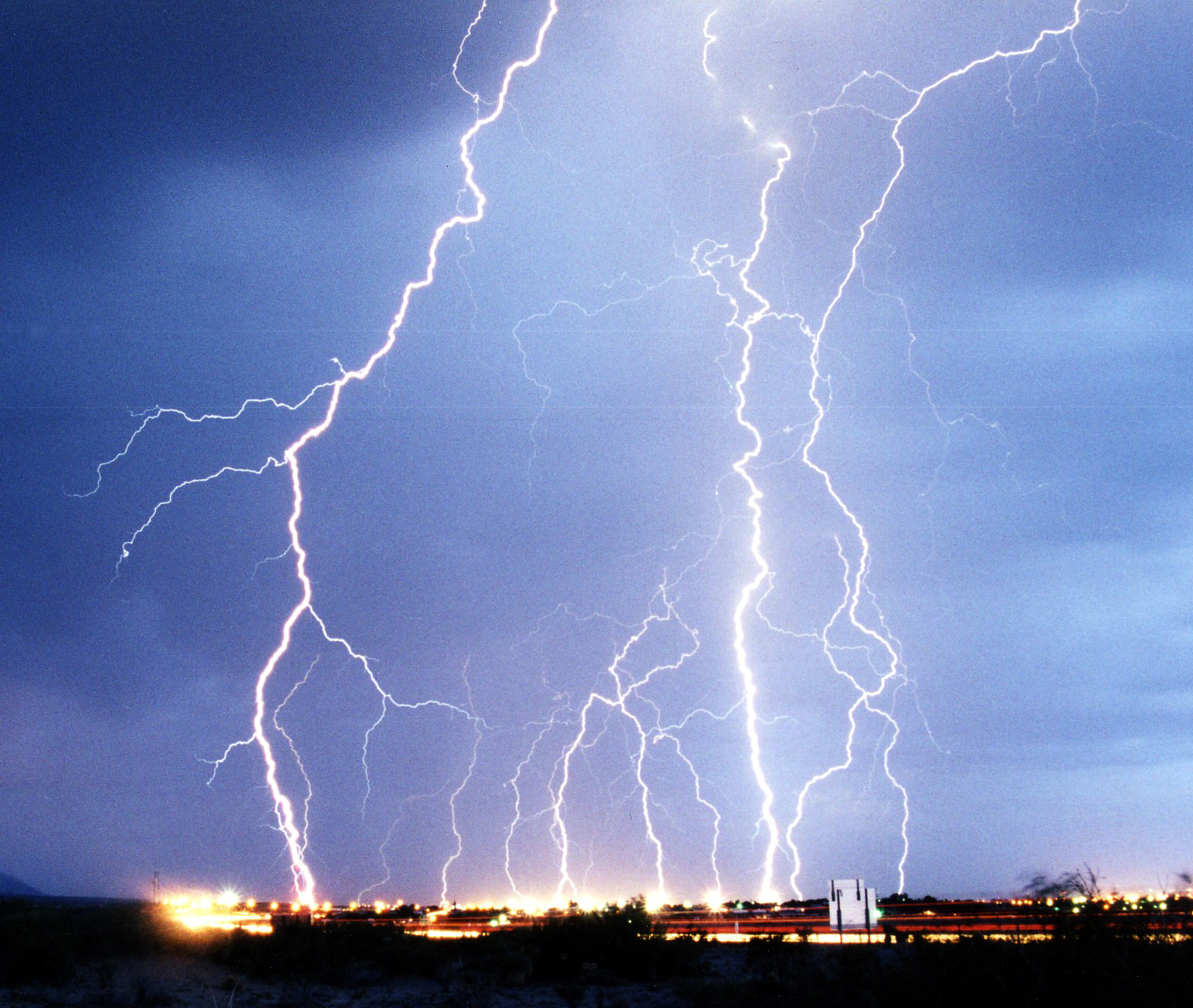The classical books on near-death experiences by
Raymond Moody or Melvin Morse paint the phenomenon in a very bright light. NDEs
are virtually always positive and have positive after-effects on those who
experience them. I'm sure the Unitarian Universalists love Moody and Morse. And
who knows, maybe they are right.
And then there's P.M.H. Atwater.
"Beyond the Light" gives a somewhat different view of the other side than the all-positive works of Moody. Atwater mentions the heavenly encounters, but also details hellish near-death experiences. They are apparently relatively common. She also makes a connection between NDEs and other paranormal phenomena, including UFOs. The most interesting part of the book deals with after-effects of the NDEs. It seems that even positive NDEs can have "negative" effects, including missing time, oversensitivity to light, the strange malfunctioning of electronic equipment, and virtual hauntings. Some people who experienced NDEs see more UFOs than usual. The subjects are frequently misunderstood by their spouses, relatives or peers. Occasionally, they feel a strong drive to convert the rest of the world to some kind of "message" given them while on the other side.
The same kinds of after-effects are also reported by Albert Budden in his book "Electric UFOs". That book, however, is not about NDEs but rather deals with supposed encounters with aliens or ghosts! Budden believes that the experiencers have been exposed to strong electromagnetic fields, making them prone to hallucinations. This explanation is difficult to apply to NDEs, unless one can prove that the resuscitation attempts in hospital beds are "major electric events", to use Budden's terminology. However, even people who "die" out in the open, miles from a hospital, can experience NDEs. Are dying people more sensitive to unknown electromagnetic fields? Or is God electric? Or...?
Well, who knows. Still, the fact that many people who experience the occult or
the supernatural react in the same physical manner, surely must mean something.
At the very least, it shows that we are dealing with *some* kind of objective
phenomenon. But what on earth that phenomenon can be, I honestly don't know.
The third part of "Beyond the Light" is New Age fluff. Still, there are some interesting items even there. Thus, Atwater is fascinated by alternative medicine and food. This, too, reminds me of Budden, who claims to have found that many people who supposedly encountered UFOs and aliens have masked food allergies, which makes them prefer health foods...
There is *something* beyond that light...

No comments:
Post a Comment